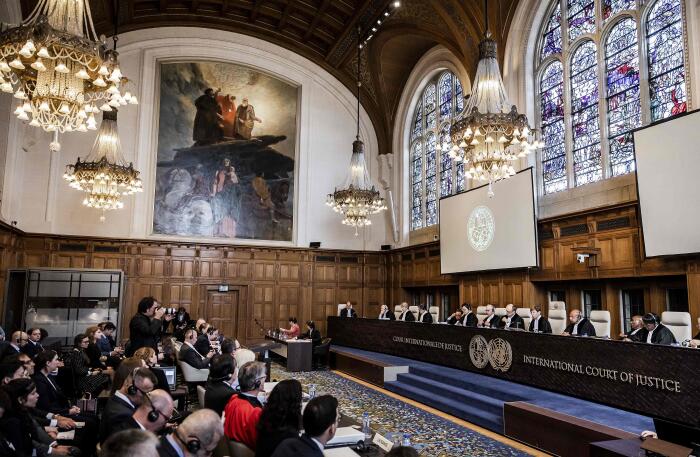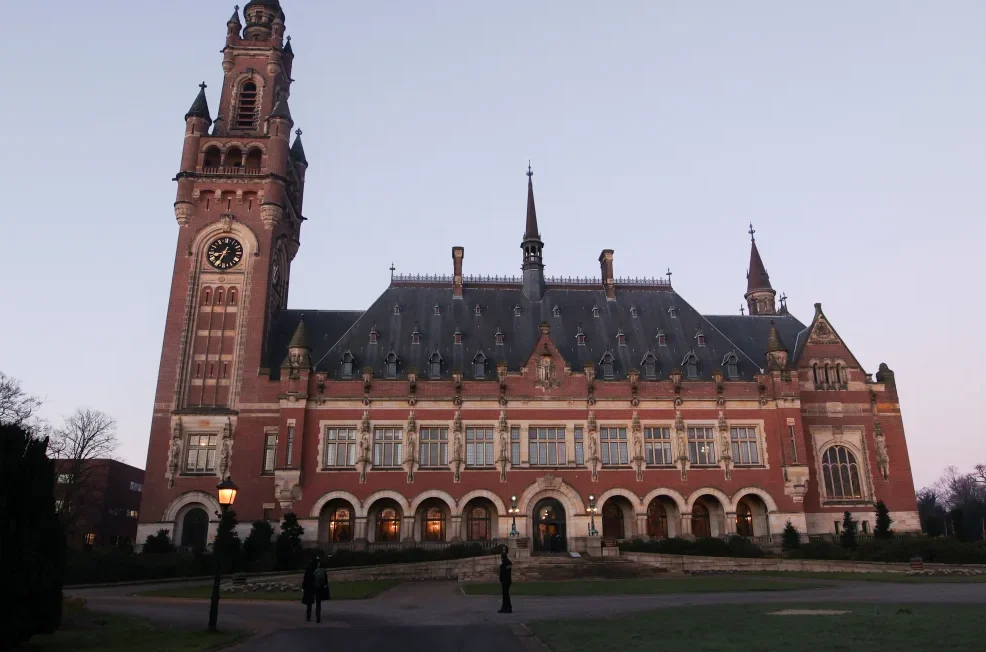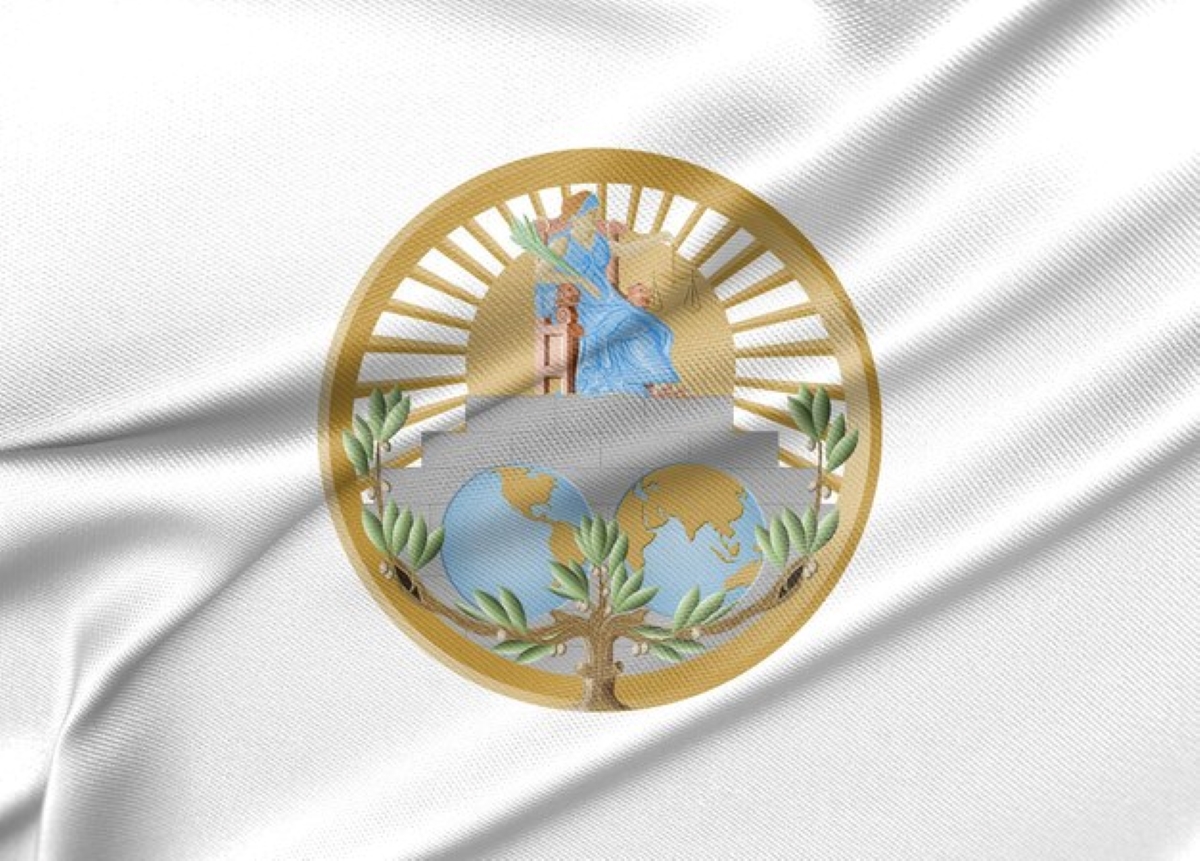By Erika Koutroumpa,
The International Court of Justice (ICJ) is the judicial organ of the United Nations, established by the organization’s charter and began working in April 1946. According to the UN, the ICJ has two main functions: settling disputes brought forth by Member States according to international legislation and advising on legal questions after enquiries by authorized UN organs and specialized agencies.
Several things make the ICJ unique as an international court. The first and foremost is who can apply for a case to be considered. The court does not settle cases applied by NGOs, corporations, individuals, or any other private entity. However, a state can take up the case of one of its nationals and bring another country to court for its wrongdoings, as Belgium did with the Hissene Habre case. Furthermore, it cannot condemn individuals accused of war crimes or crimes against humanity. This is a job reserved for the International Criminal Court (ICC) and other special tribunals. Instead, it follows a more general jurisdiction than more specialized judicial bodies, and it is not a supreme court for either national or international disputes.

The court applies law, conventions, human rights law and in special circumstances where both parties have consented, a broader sense of “equity” to make its rulings. ICJ decisions, albeit not legally binding for all international disputes, have contributed significantly to the development and interpretation of the international law. All decisions are considered legally binding and cannot be appealed against, as per article 94 of the UN Charter, “[e]ach member of the UN undertakes to comply with the decision of [the court] in any case to which it is a party”.
Supposing that a state committed an internationally wrongful act, there is the expectation of making full reparations to the wronged state. The negotiations over the nature of the reparations are overseen by the ICJ, without having the power to specify what they should be. However, the ICJ does not have the power to enforce its rulings. Enforcement is vastly possible because the court’s decisions are considered valid by the international community with a rather finite number of decisions never coming to fruition. If need be, the injured state can request from the Security Council to enforce the decision. However, the fact that the court cannot enforce its own decisions means that politics can get involved via the veto power of the P5 countries of the Security Council. Examples of unsuccessful reparations are the Corfu Channel case (1949) and the Nicaragua case (1986), where the United States vetoed Nicaragua’s appeal to the Security Council.

In the Nicaragua case, the decision is controversial and is considered one of the toughest the court had to make. In this instance, the United States had been accused of using force against Nicaragua in a variety of ways such as economic boycotts, invading airspace and conducting military drills in proximity to their shared border. For the first time in history, a country walked out of court after the jurisdictional decision had been made but before the merits were argued.
We can therefore conclude that any country can bring a case forth to the ICJ, regardless of whether they are directly related to the conflict themselves or not. The court decisions are meant to be politically neutral and are widely respected in the international community. Despite their contribution to the development of international law, there are issues with the decisions as it is always difficult to truly separate between international law and politics, impeding the rule of law. The ICJ has only as much power as agreed to by the states, therefore in rare circumstances, the debated issues can never truly be resolved.
References
- The Court. International Court of Justice. Available here
- Frequently Asked Questions. International Court of Justice. Available here
- International Court of Justice. Encyclopedia Britannica. Available here
- K. Highet. “Between a rock and a hard place- the United States, the International Court, and the Nicaragua case”. The International Lawyer. vol 21, no 4




